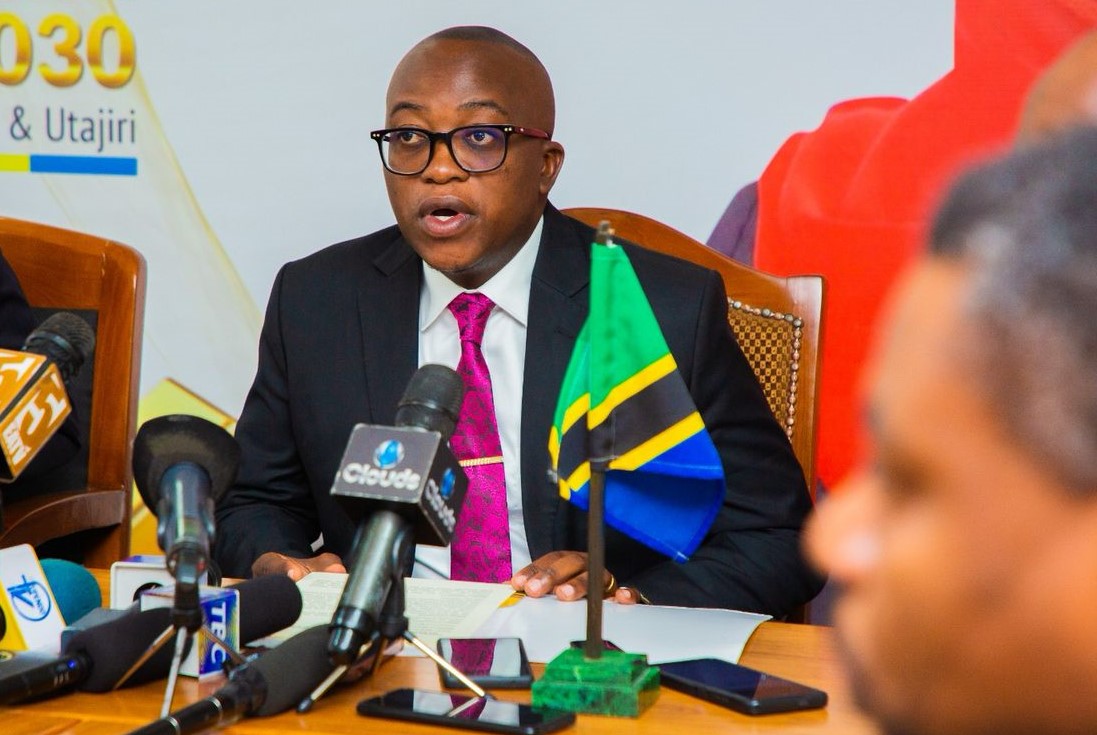Doctors Without Borders hires 60 TZ medical workers

What you need to know:
The Citizen has been informed by MSF’s communications department in Dar es Salaam that the aim is to boost the health of Burundian refugees in Nduta camp, which was originally intended to shelter only 55,000 people, but is overcrowded.
Dar es Salaam. An international medical organisation, Médecins Sans Frontières (MSF) or Doctors Without Borders, has hired 60 Tanzanian medical staff to work in Kigoma Region.
The Citizen has been informed by MSF’s communications department in Dar es Salaam that the aim is to boost the health of Burundian refugees in Nduta camp, which was originally intended to shelter only 55,000 people, but is overcrowded.
At the beginning of last month, 124,177 Burundian refugees were reported to be living in Nduta camp.
MSF says the numbers have been going down of late; however, there was a massive influx of refugees in the first few months of 2017.
This comes a few weeks after The Citizen on Saturday reported that there was a spike in the number of malaria cases in Nduta and Nyarugusu refugee camps in Kigoma region in the past three months.
Earlier reports suggested that 55,400 of the people in the camps—mostly children under the age of five have been diagnosed with malaria, as experts warned that the situation could get worse due to heavy rains which had hit the region.
The worrying trend of unsanitary conditions, including the temporary housing of new arrivals of refuges in communal shelters, has been contributing to a spike in disease, says MSF’s field communications manager, Ms Eleanor Ballard. “Diarrhoea and respiratory tract infections are common and malaria is currently the biggest health challenge in the camp,’’ she told The Citizen. She explained why MSF was now seeking more Tanzanian doctors who would step in to boost the health situation.
“The new staff will be part of existing Tanzanian teams, supported by international staff, doing their part to meet the healthcare needs of refugees in Nduta camp,’’ said an MSF report sent to The Citizen. MSF says it has noted an increase in all inpatient and outpatient services in line with the growing camp population.
“Over the past few months, our teams have been scaling up our assistance – our sixth health post opened in April to help cater to medical needs amongst newly-arrived refugees,’’ says Ms Ballard.



